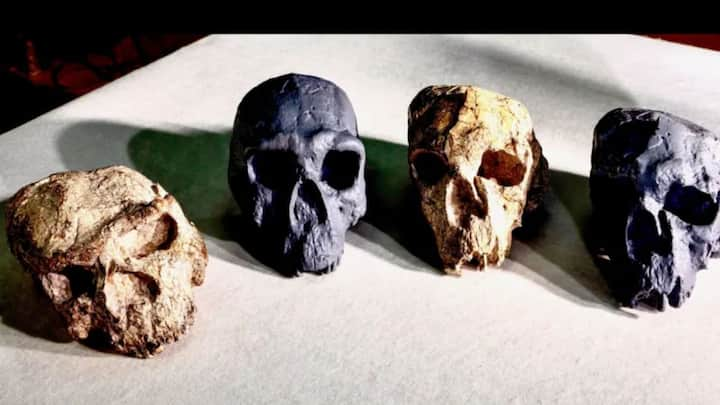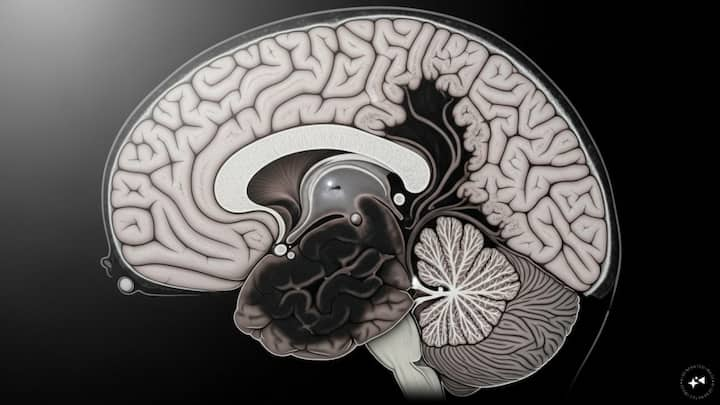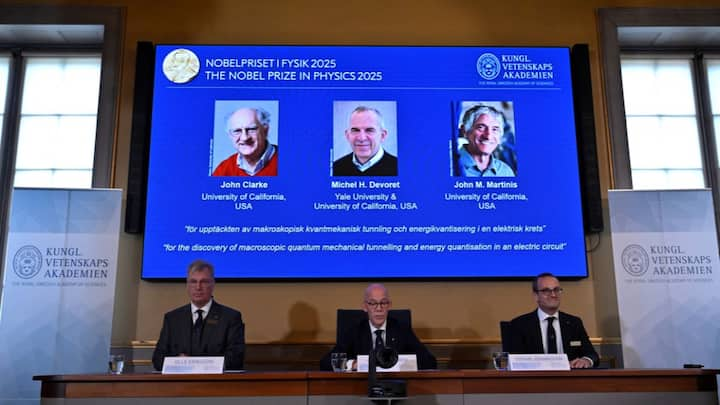Science
Recent Highlights
All Stories for Science

Is alcohol quietly fuelling a liver disease crisis?
•Research shows liver disease is rising sharply, with alcohol a key driver — even at levels once considered 'moderate'. Beyond heavy drinking, binge patterns and low-dose consumption are linked to liver damage, cirrhosis, and higher mortality. Combined with conditions like MASLD and hepatitis C, alcohol poses an urgent public health threat

Autism is more complex than Trump suggests, new research shows
Fp Staff •The research shows that this brain-based condition is very complex and doesn’t have just one cause

History Today: When the world's largest research laboratory came into being
Fp Explainers •On September 29, 1954, European nations came together to create Cern, the European Organization for Nuclear Research, marking a new era for the field of particle physics. The facility, which serves as a hub for scientists worldwide, also houses the Large Hadron Collider, the world's largest machine. It was also the day in 1829, Scotland Yard, the headquarters of the newly created Metropolitan Police, was established in London

Are public toilet seats really as dirty as we fear?
•Public toilets may seem like germ hotspots, but are toilet seats the real danger? While bacteria like E. coli and viruses such as norovirus lurk in bathrooms, most infections actually spread through dirty hands, door handles, and toilet plumes after flushing

Do New York rats really have their own secret language?
Fp Explainers •New York City’s three million rats are far more complex than just pests. A new study reveals they communicate using ultrasonic squeaks inaudible to humans, adapt their 'speech' to noisy surroundings like subway stations, and display intricate social behaviours

How the discovery of a million-year-old human skull in China can rewrite evolution
Fp Explainers •A new study claims that Yunxian-2, a human skull found decades ago in China, suggests that our species, Homo sapiens, began to emerge at least half a million years earlier than we thought. It also shows that we co-existed with other sister species, including Neanderthals, for much longer than we've come to believe

Breakthrough: Scientists treat Huntington's disease for the first time
Fp Staff •One of the most devastating diseases in the world, Huntington's, has been successfully treated for the first time, marking a major milestone in neurology

20 million tonnes of gold lie beneath Earth's oceans. Can it be mined?
Fp Explainers •Scientists estimate that 20 million tonnes of gold, worth more than $2 quadrillion, is dissolved into our planet's oceans. But there’s a catch. The gold is scattered in microscopic traces, so diluted that it may never be within our reach. But can evolving technology help?

Is the Sun waking up faster than scientists expected?
Fp Explainers •Nasa research reveals that the Sun’s activity has been steadily increasing since 2008, reversing decades of decline. This unexpected surge is driving stronger solar winds and more frequent solar storms that could disrupt satellites, GPS systems, and power grids while posing challenges for upcoming lunar and deep space missions

Is being slightly overweight safer than being too thin?
Fp Explainers •A Danish study tracking over 85,000 adults suggests that being very thin may be more dangerous than being slightly overweight. People with a BMI below 18.5 were nearly three times more likely to die early than those in the middle to upper 'healthy' range



